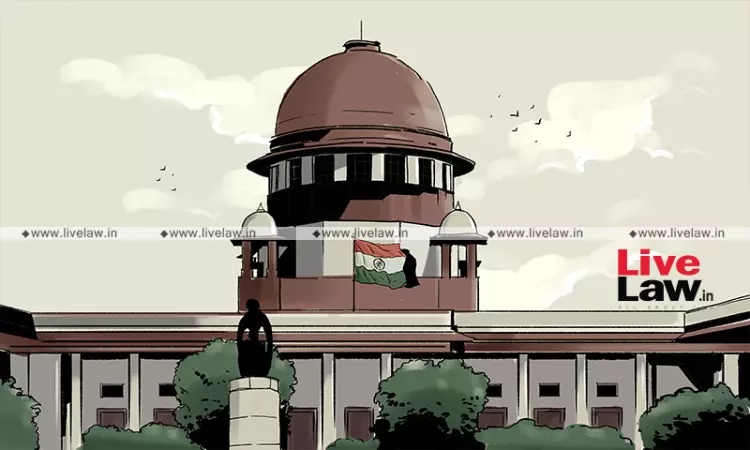Supreme Court To Hear In March Plea Relating To Rohingya Refugees
Gyanvi Khanna
3 March 2024 10:00 AM IST

Next Story
3 March 2024 10:00 AM IST
The Supreme Court (on February 29) said that it will hear the Writ Petition, seeking the release of illegally detained Rohingya refugees in India, in March. The petition filed by Priyali Sur, an independent multimedia journalist, pleaded that despite the background of persecution and the discrimination that Rohingyas have fled, in India, they are officially labeled...
